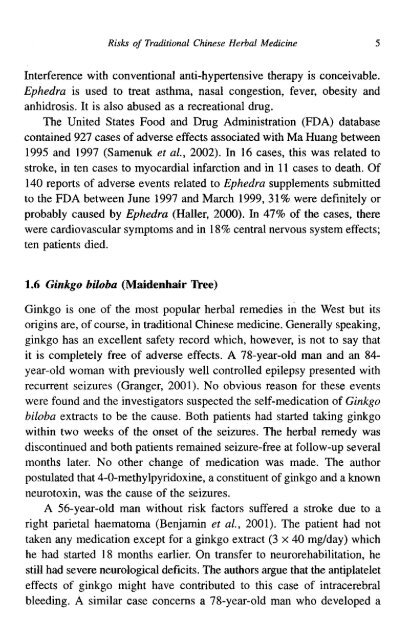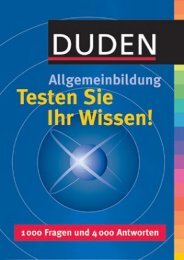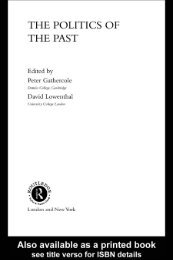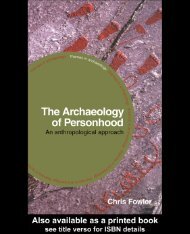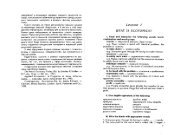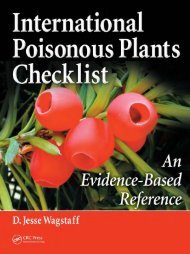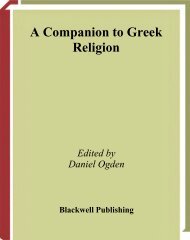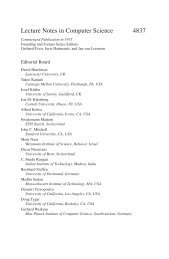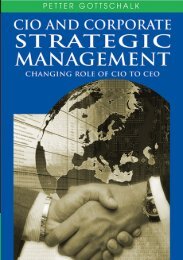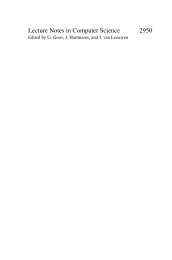Chinese Medicine - Modern Practice (252 pages)
Chinese Medicine - Modern Practice (252 pages)
Chinese Medicine - Modern Practice (252 pages)
- TAGS
- cs5235.userapi.com
You also want an ePaper? Increase the reach of your titles
YUMPU automatically turns print PDFs into web optimized ePapers that Google loves.
Risks of Traditional <strong>Chinese</strong> Herbal <strong>Medicine</strong> 5<br />
Interference with conventional anti-hypertensive therapy is conceivable.<br />
Ephedru is used to treat asthma, nasal congestion, fever, obesity and<br />
anhidrosis. It is also abused as a recreational drug.<br />
The United States Food and Drug Administration (FDA) database<br />
contained 927 cases of adverse effects associated with Ma Huang between<br />
1995 and 1997 (Samenuk et al., 2002). In 16 cases, this was related to<br />
stroke, in ten cases to myocardial infarction and in 11 cases to death. Of<br />
140 reports of adverse events related to Ephedru supplements submitted<br />
to the FDA between June 1997 and March 1999, 31% were definitely or<br />
probably caused by Ephedru (Haller, 2000). In 47% of the cases, there<br />
were cardiovascular symptoms and in 18% central nervous system effects;<br />
ten patients died.<br />
1.6 Ginkgo biloba (Maidenhair Tree)<br />
Ginkgo is one of the most popular herbal remedies in the West but its<br />
origins are, of course, in traditional <strong>Chinese</strong> medicine. Generally speaking,<br />
ginkgo has an excellent safety record which, however, is not to say that<br />
it is completely free of adverse effects. A 78-year-old man and an 84-<br />
year-old woman with previously well controlled epilepsy presented with<br />
recurrent seizures (Granger, 2001). No obvious reason for these events<br />
were found and the investigators suspected the self-medication of Ginkgo<br />
biloba extracts to be the cause. Both patients had started taking ginkgo<br />
within two weeks of the onset of the seizures. The herbal remedy was<br />
discontinued and both patients remained seizure-free at follow-up several<br />
months later. No other change of medication was made. The author<br />
postulated that 4-O-rnethylpyridoxine7 a constituent of ginkgo and a known<br />
neurotoxin, was the cause of the seizures.<br />
A 56-year-old man without risk factors suffered a stroke due to a<br />
right parietal haematoma (Benjamin et al., 2001). The patient had not<br />
taken any medication except for a ginkgo extract (3 x 40 mg/day) which<br />
he had started 18 months earlier. On transfer to neurorehabilitation, he<br />
still had severe neurological deficits. The authors argue that the antiplatelet<br />
effects of ginkgo might have contributed to this case of intracerebral<br />
bleeding. A similar case concerns a 78-year-old man who developed a


